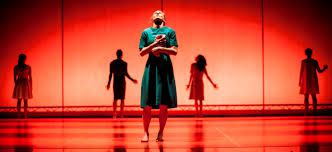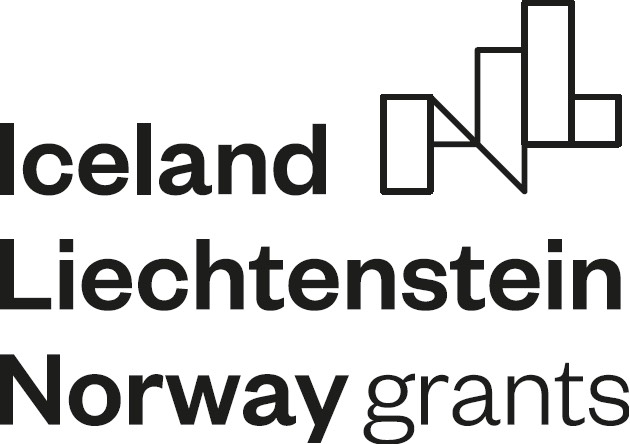Divadelní noviny > Blogy Zahraničí
Letters from U. S. A. (No. 2)
A Director’s Motto:”Truth in emotions, purity in mediums!”
When I started to look at these three different operas — each written at the end of the 18th century when terror and fear were the daily life experience, I wondered: What made the librettists look back to these themes of antiquity?

Ryan Brown, Opera Lafayette’s founder, artistic director, and conductor, was also asking the same question in his own special way. Ryan spoke to me about the agitated emotions of that time, which led me to think about certain states of being, where we experience something that overcomes our everyday rhythms and routines, something that is disarrayed from the norm. All of these characteristics are strongly connected with ancient dramas!
I was immediately reminded of a verse, which was written by my husband Petr Bohac, the set designer for Opera and the French Revolution. He wrote a new adaption of Medea, all in iambic rhythm, which spoke about “dislocated time,” where everything appears inverted. The quote popped into my mind when I was thinking about Pipelet (the librettist of Sapho) living (or perhaps hiding herself?) in the revolutionary time that she referred to as “stages of the Terror.” (With a capital T!)
It would be interesting to know what Pipelet was really experiencing during the French Revolution. (I should probably ask Judith Miller, Associate Professor of History, Emory University and fellow panelist of this week’s previews hosted by Columbia Maison Française and the Czech Center New York.) For now, I guess that her daily life experience was probably extraordinarily strenuous. I can at least dream about that…
From my directorial point of view, I am asking myself the question of how to bridge this “dislocated time” (in the ancient meaning) with the French Revolution’s stage of Terror on the stage…What does it say about our own experience? What does it say about our emotions of being out of sorts? And what, ultimately, does it say about our humanity?

From Sniper’s Lake, a work by the blogger, which features the themes of terror and fear. FOTO archiv autorky
When I experience a work of art, I want it to touch me deeply and to resonate with my own experience. This is what I would like to transmit to my audience. I would wish for the viewer to feel something, to relate themselves to the big emotions of our heroine through their own interpretation and to be uplifted through transgressive feelings from their daily life towards something which overcomes them. In fact, I want the audience to cease being a viewer and become integrated in the experience of exceptional moment.
Another big question came with trying to find some common motifs which will create a dramaturgically compact unit rather than three independent excerpts from three amazing operas that would show the virtuosity of our main protagonist and the orchestra. Four main themes appeared: women and society, myths of today’s life, passion and obsession, power and sacrifice.
To be able to mirror the audience with the action on the stage, I cannot be artificial and impersonal. To let them ask the questions inherent in these topics of passion and obsession, power and sacrifice and, also those concerning society and their own identity etc. they have to be able to put themselves in the place of Antigone, Médée, and Sapho. So, I have decided to be contemporary in staging, to choose the visual aspects on the stage which we can see around us. No historic costumes, no highly stylized gestures for the leading characters, no overacted emotions! The audience should be able to follow the heroine.
At the same time, I am not a big fan of theatrical realism. For me, this period has already passed. I love to work with symbols and secrets, with archetypal images and those striking moments that can be imprinted in our minds. And, I love the stage to be a sacred place where every element is telling its own story. If you will allow me to be daring, I would like to transmit every detail of our lives into the art.
My mottos for now are: truth in emotions, purity in mediums! With no doubt, I am grateful for not having the answers yet!
///
Předchozí díl najdete zde:
Komentáře k článku: Letters from U. S. A. (No. 2)
Přidat komentář
(Nezapomeňte vyplnit položky označené hvězdičkou.)




